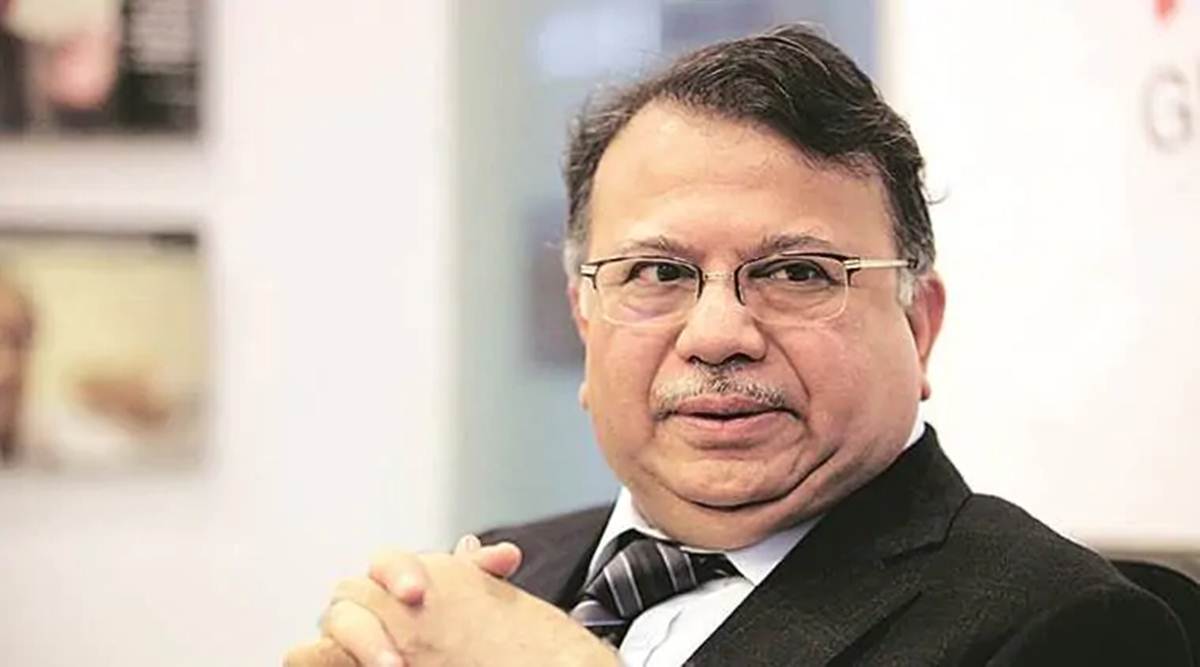
Worried over message sent to judiciary: Justice AP Shah on Gogoi's RS job
Former Chief Justice of India Ranjan Gogoi's nomination to the Rajya Sabha has been severely criticised by several retired judges, with at least three former Supreme Court judges speaking up against it.

Former Chief Justice of India Ranjan Gogoi’s nomination to the Rajya Sabha has been severely criticised by several retired judges, with at least three former Supreme Court judges speaking up against it.
One of the three judges, Justice (retired) AP Shah told NDTV that former Chief Justice of India Ranjan Gogoi was only the latest addition in the line of questionable leadership in the Supreme Court. He appeared to be hinting at the decisions taken by Gogoi with regard to the electoral bonds and habeas corpus cases filed from Jammu and Kashmir.
Shah said, “The message it sends to the judiciary as a whole is that if you give judgments that are favourable to the executive, you will be rewarded. If you don’t do so, you will be treated adversely or you might be transferred or not considered for elevation.”
Related news | Surprised to see Gogoi taking up RS MP post, says Justice Joseph
However, Gogoi, who seemed prepared for this kind of backlash, said, “Let me first take oath, then I will speak in detail to the media about why I did this.”
Referring to the situation as a “death knell for the separation of powers and independence of judiciary”, Justice Shah pointed out other judges who had become members of the Rajya Sabha in the past, and spoke about how that was different from Gogoi’s case.
Former Chief Justice Ranganath Mishra, who retired in 1991, had joined the Congress and became a Member of Parliament in 1998.
Related news | Why am I in Parliament? Former CJI Ranjan Gogoi speaks
Former Justice Baharul Islam – a Rajya Sabha MP before being nominated as a judge in the Gauhati High Court and eventually a Supreme Court judge – went back to the Rajya Sabha after resigning from his post.
Justice Shah said both appointments were made after the ADM Jabalpur case, in which the Supreme Court had ruled that during a presidential order of Emergency, the courts cannot guarantee individual liberty.
He added that since that judgement was seen as a black mark on the judiciary, it took the judiciary 15 years to “return to its former glory” after the verdict.

